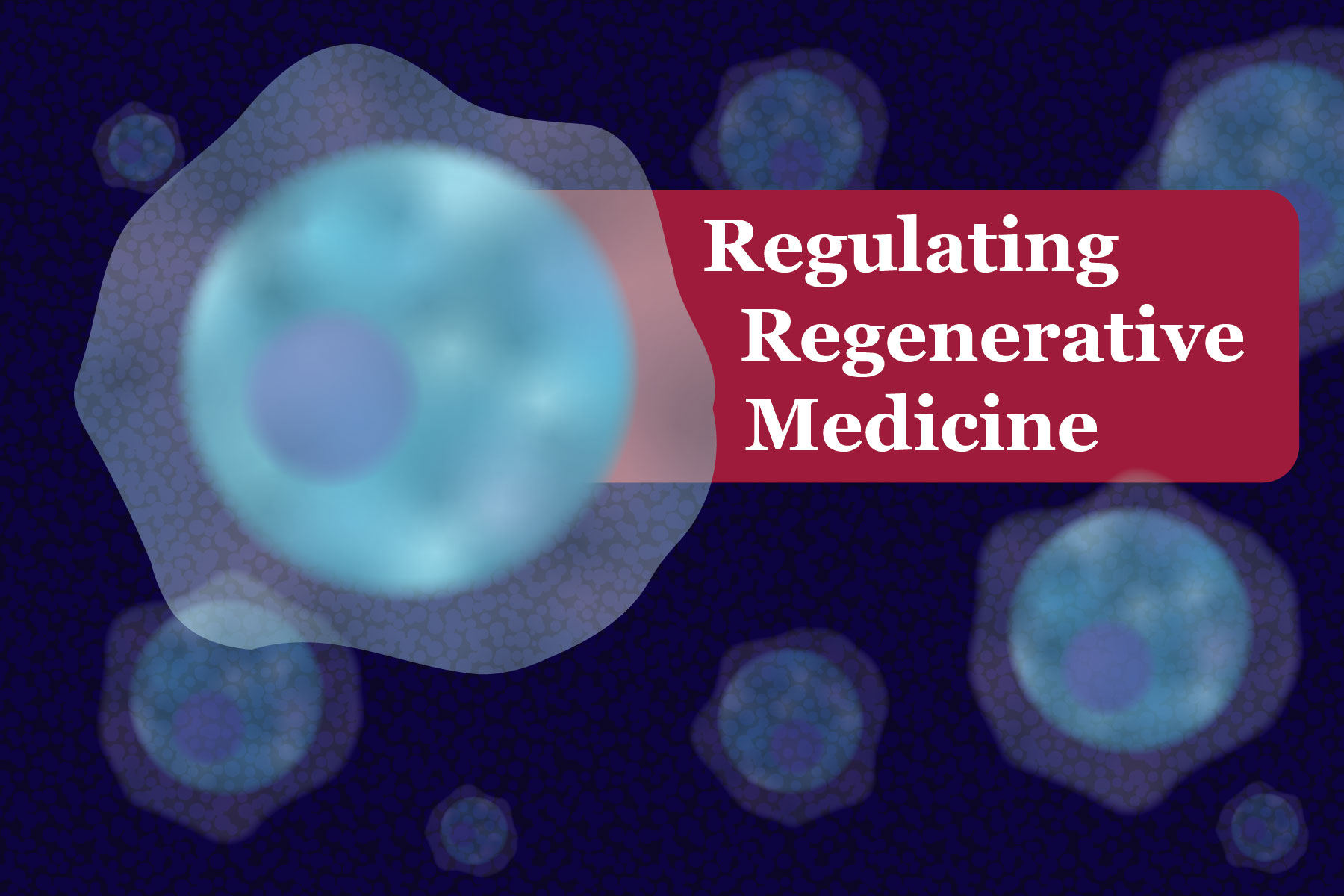In recent years, the field of regenerative medicine has gained significant traction and been pointed to as the future wave of medicine. Regenerative medicine focuses on replacing tissues or organs that have been damaged by disease or other conditions and includes the fields of tissue engineering, cellular therapies, and artificial organs.1 As part of the agency’s commitment to help bring new and innovative treatment options to patients, the FDA regulates regenerative medicine through its Center for Biologics Evaluation and Research (CBER). Through CBER, the FDA supports and expedites the development of human cells, tissues, and cellular/tissue-based products (HCT/P’s) to treat and mitigate diseases.
The FDA established 21 CFR 1271 to institute the regulations that regenerative medicine firms must comply with. This part establishes the classic regulations that most firms should be familiar with such as general provisions including the scope and defined terms, procedures for registration and listing, and exceptions. This part also outlines provisions specific to regenerative medicine, such as donor eligibility and Current Good Tissue Practice.2 The regulatory requirements around current good tissue practices govern the methods, facilities, and controls for the manufacture of HCT/P’s. This includes all steps from recovery, donor screening/testing, processing, storage, labeling, packaging, and distribution.3
Since the sector of regenerative medicine is fairly new, the FDA has established 4 final guidance documents that define the regulatory framework for the field. The guidance documents focus on not only helping firms determine if their HCT/P’s are subject to premarket reviews and any exceptions under 21 CFR 1271, but also detail ways the agency is helping bring innovative, safe, and effective HCT/P’s to patients as quickly as possible. An example of an expedited program for regenerative medicine therapies is the RMAT (Regenerative Medicine Advanced Therapy) designation program which, if a product is eligible, includes benefits like expedited FDA review and supplemental interaction with the agency.4
The expanding field of regenerative medicine is a new and exciting addition to public health and one that the FDA is still developing the regulatory framework for. If you are a firm that is interested in exploring regenerative medicine, EMMA International has the expertise to help you navigate the regulatory landscape. Contact us at 248-987-4497 or email info@emmainternational.com to get connected to our regulatory experts!
1University of Pittsburgh (n.d.) What is Regenerative Medicine? Retrieved on 07/27/2020 from: https://mirm-pitt.net/about-us/what-is-regenerative-medicine/
2FDA (n.d.) Title 21 Part 1271 Human Cells, Tissues, and Cellular and Tissue-Based Products retrieved on 07/27/2020 from: https://www.accessdata.fda.gov/scripts/cdrh/cfdocs/cfcfr/CFRSearch.cfm?CFRPart=1271
3FDA (March 2018) Good Tissue Practice (CGTP) Final Rule Questions and Answers retrieved on 07/27/2020 from: https://www.fda.gov/vaccines-blood-biologics/tissue-tissue-products/good-tissue-practice-cgtp-final-rule-questions-and-answers#:~:text=Current%20good%20tissue%20practice%20are,%2C%20storage%2C%20labeling%2C%20packaging%2C
4 FDA (February 2019) Expedited Programs for Regenerative Medicine Therapies for Serious Conditions retrieved on 07/27/2020 from: https://www.fda.gov/regulatory-information/search-fda-guidance-documents/expedited-programs-regenerative-medicine-therapies-serious-conditions






